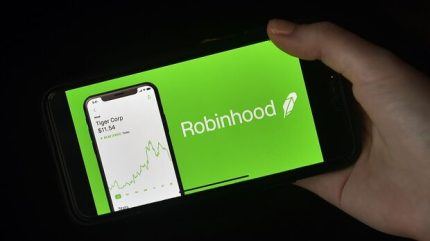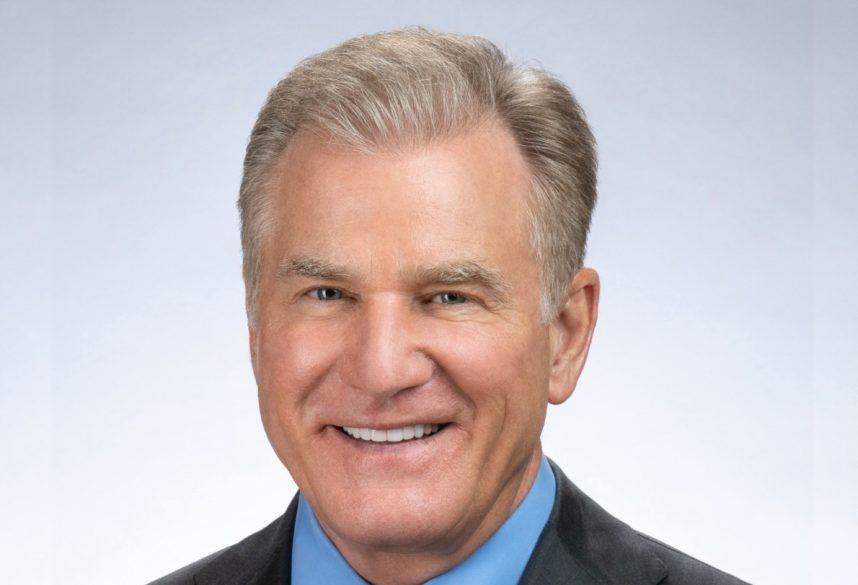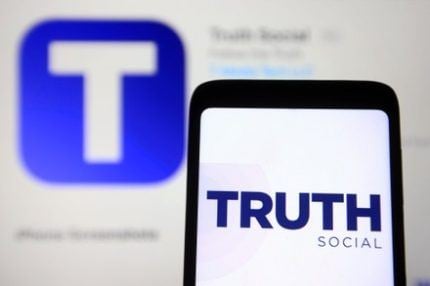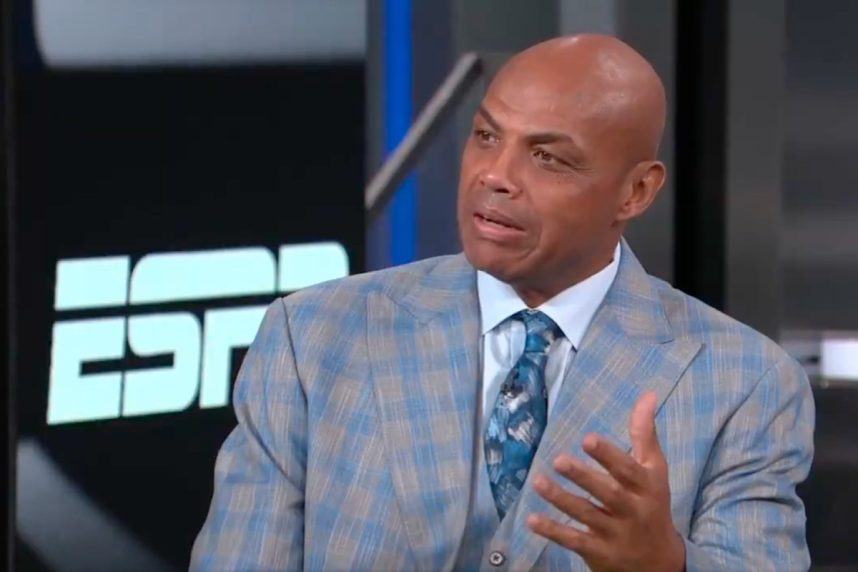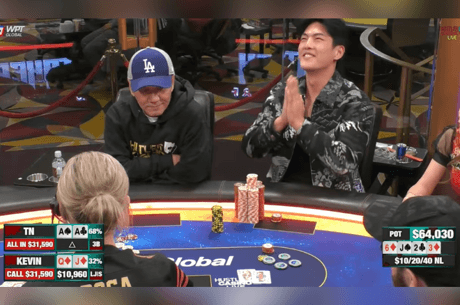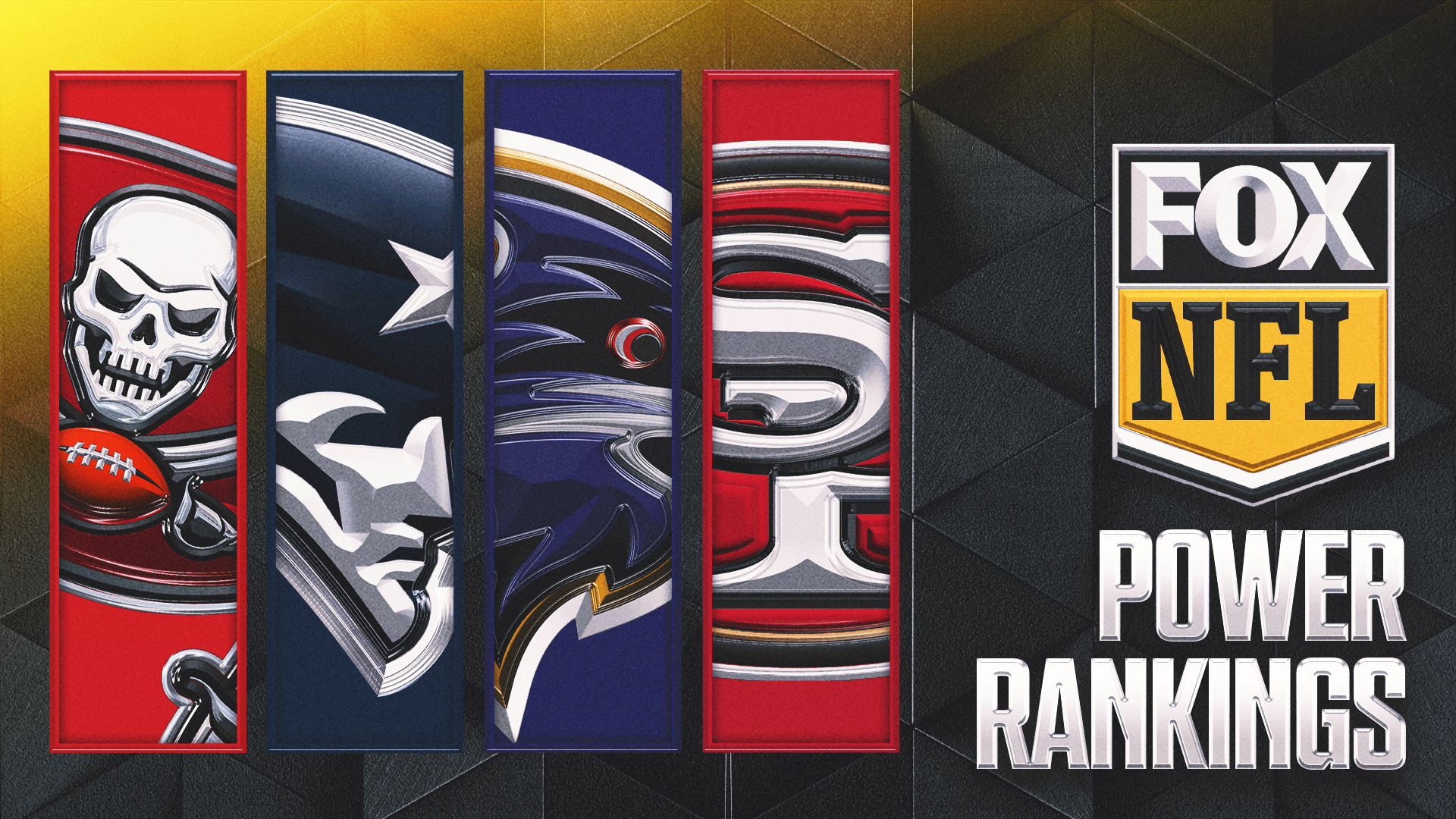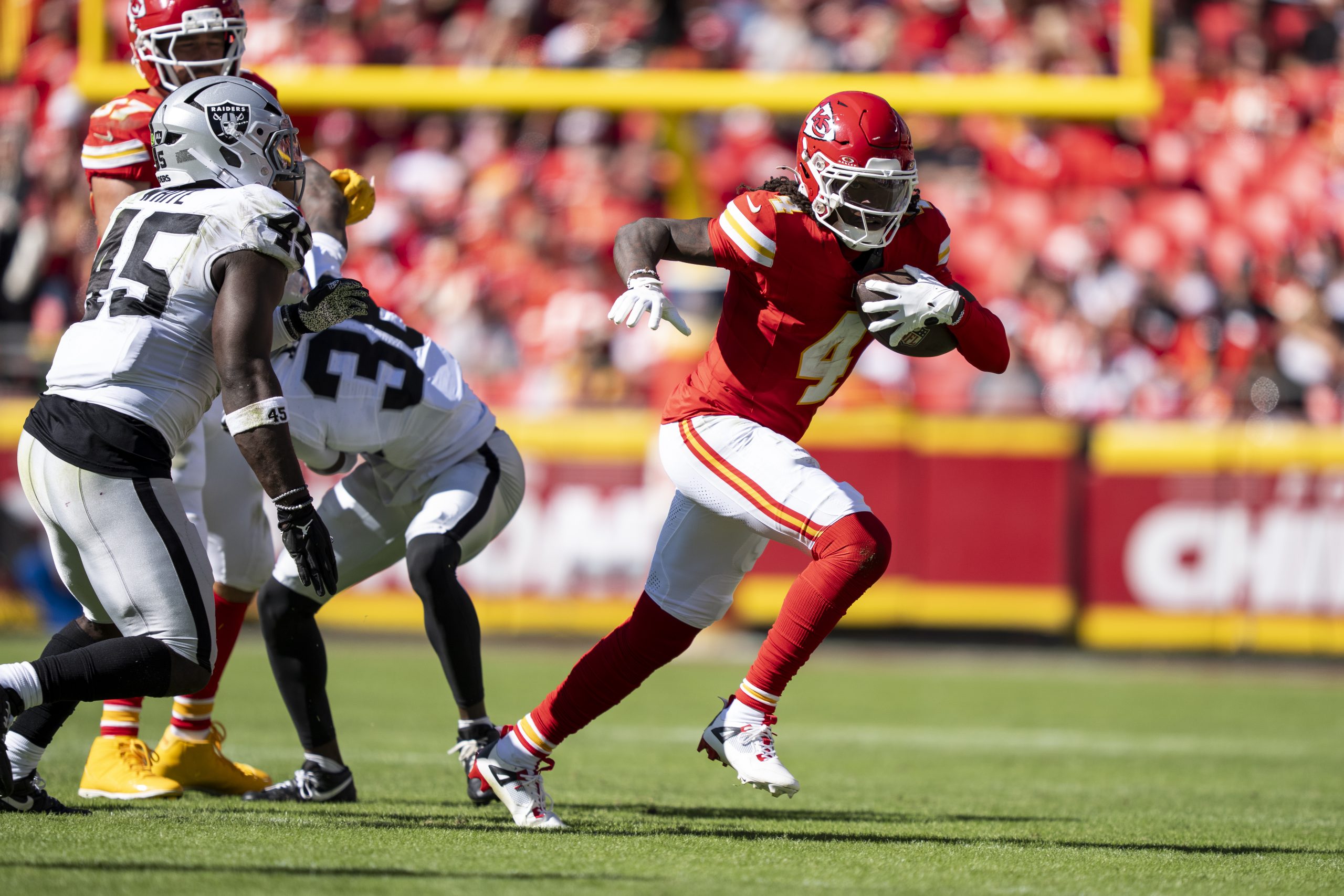The game of poker has itself something of a reputation. Sure, it’s a wonderful social game, a compelling way to match wits, and arguably the most skill-based form of gambling around. But it’s also widely perceived as seedy, dirty, untrustworthy.
And with good reason.
The poker scandal revealed to the world last Thursday at an FBI press conference was hardly the first time in history that words like “rigged” or “cheating” or “fraud” found their way into a poker narrative.
The latest case is a juicy one, to be sure, intertwining NBA Hall of Famer Chauncey Billups, NFL Hall of Famer Antonio Gates, mafiosos, hijacked shuffling machines, X-ray vision, and even a robbery at gunpoint.
But these allegedly rigged games, which led to more than 30 arrests at the conclusion of Operation Royal Flush, are no outlier. They are part of a long and sordid tradition.
You don’t need to go all the way back to Wild Bill Hickok being shot dead from behind while holding aces and eights nearly 150 years ago to assemble a compelling list of poker scandals. Neither do you need to crack open all the stories of the Texas road gamblers back in the pre-World Series of Poker days, when Doyle Brunson was a young man with the good sense to pack heat alongside his poker savvy.
Just focusing on the last 20 years, here are five noteworthy poker scandals, of varying shapes and sizes, across both the live and online poker universes.
UltimateBet and AbsolutePoker online ‘superusers,’ 2005-2007
These were two separate scandals, but they occurred within the same online poker network — AbsolutePoker and UltimateBet were licensed by the Quebec-based Kahnawake Gaming Commission — in an overlapping time period and involved so-called “superusers” having access to opponents’ hole card data.
In the case of UltimateBet, there was a big name behind it: 1994 World Series of Poker (WSOP) Main Event champion Russ Hamilton, who was found by the commission to have been responsible for cheating other players out of more than $22 million. The highest-profile of those players was four-time WSOP bracelet winner Mike “The Mouth” Matusow, who later claimed he lost some $2.5 million to an anonymous account operated by Hamilton that was able to see his cards.
The Absolute Poker scandal was similar, with the screen name “POTRIPPER” winning an estimated $1.6 million over 40 days in 2007. Absolute Poker said in a statement when the cheating came to light that “a high-ranking trusted consultant employed by AP … devised a sophisticated scheme to manipulate internal systems to access third-party computers and accounts to view hole cards of other customers during play without their knowledge.”
A 2008 report by 60 Minutes and The Washington Post called these two incidents together “the biggest cheating scandals in the history of online poker.” That probably still stands as an accurate description 20 years later.
Black Friday, 2011
The U.S. Department of Justice shutting down the biggest poker sites on Friday, April 15, 2011 — including the aforementioned UltimateBet and AbsolutePoker — was devastating to the poker community, but not scandalous in and of itself.
It became scandalous, however, when Full Tilt Poker turned out not to have players’ funds available. Rather than holding all such active funds in a separate trust, Full Tilt owners, partners, and executives — including highly visible poker pros such as Howard Lederer and Chris Ferguson — had received much of that money as bonus payments in what the DoJ later termed a Ponzi scheme.
In 2012, PokerStars acquired Full Tilt with a promise (ultimately delivered upon) to make whole the players whose funds had been tied up at the once-prestigious online poker site. The Full Tilt Poker brand was shuttered for good in 2016.
Molly’s Game, 2007-2013
Think Operation Royal Flush, with much bigger celebrities but no claims of rigged games.
Molly Bloom ran private poker games featuring the likes of Tobey Maguire, Leonardo DiCaprio, and Alex Rodriguez, until her arrest in 2013 for being part of a $100 million money laundering and illegal gambling operation. Rock bottom for Bloom? Perhaps, but only briefly, as she soon turned her tale into the 2014 memoir Molly’s Game, which became the basis for the 2017 Aaron Sorkin movie of the same name.
Hey, who wouldn’t trade a little trouble with the law for having Jessica Chastain portray them in an Academy Award-nominated movie?
More than a decade before Billups and company became the new faces of illicit high-stakes poker games, Bloom’s arrest helped to take the concept mainstream.
Stones Gambling Hall ‘Postlegate,’ 2018-2019
“Postlegate” got its name from poker player Mike Postle, who was accused of cheating in livestreamed poker games at Stones Gambling Hall near Sacramento, Cal. — where casino managers and livestream supervisors who had access to players’ hole cards allegedly relayed information to Postle and helped him win consistently.
Poker player and commentator Veronica Brill was the first to make the accusation, and the poker sleuthing community quickly came to her aid in compiling hands Postle played suspiciously well in addition to footage of him looking down toward his lap, where his cell phone was said to be positioned.
A $30 million class-action lawsuit against Postle, Stones, and poker/livestream manager Justin Kuraitis was ultimately dismissed with prejudice in June 2020. Three months later, 60 of the 88 plaintiffs accepted settlements from the owner of Stones. Postle was never formally determined, however, to be guilty of cheating.
Kenney, Imsirovic, alleged cults (!), 2022
There was something in the air in the spring of 2022 regarding allegations spanning top players and various forms of online poker violations.
With total live tournament earnings at last look of $78.7 million, Bryn Kenney is one of the most successful poker players of all-time. But his reputation took a hit three years ago when fellow pro Martin Zamani claimed Kenney helmed a group of online players who shared accounts and colluded.
Making this purported scandal particularly stand out? Zamani compared the group to a cult and said shamans and frog poison were involved.
More to the point with regard to the poker play, Kenney was said to have engaged in “ghosting” — playing online at international site GGPoker under accounts belonging to other players. Kenney denied the claims and has continued to enjoy great success at the live tables — more than $20 million of his winnings have come since the allegations surfaced.
Around the same time, and possibly overlapping in terms of the online group play, top pro Ali Imsirovic was accused of using real-time assistance software and multi-accounting online (and, separately, of peeking at opponents’ hole cards live). The PokerGO Tour took the allegations seriously enough to suspend Imsirovic as well as alleged collaborator Jake Schindler. Imsirovic admitted to multi-accounting but denied the involvement of his friend Schindler.
Honorable mention
- In October 2007, “TheV0id” won the largest online poker tournament prize to date, nearly $1.4 million in the main event of the PokerStars World Championship of Online Poker. But the win was subsequently, well, voided, and account owner Natalie Teltscher disqualified when it was determined her brother, poker pro Mark Teltscher, had played in the tournament under multiple accounts, including hers.
- The Epic Poker League launched in 2011 with promises of a season-ending million-dollar freeroll — incentive enough to make participation a positive-expected-value play for many pros. After just four tournaments, Epic filed for Chapter 11 bankruptcy, and the faces of the league, Annie Duke and Jeffrey Pollack, were roundly criticized by the community for never hosting the freeroll.
- The 2022 clash between Garrett Adelstein and Robbi Jade Lew over a hand on a Hustler Casino Live stream bore echoes of Postlegate, although Lew’s nearly inexplicable play — a call with just jack-high for a six-figure pot — was limited to a single hand, leaving this incident more a source of internet debate and fascination than a full-blown scandal.
- Who won Event No. 53 at the 2025 WSOP? Officially, nobody, as the top two finishers, Jesse Yaginuma and James Carroll, were accused of “chip dumping” to secure and split a side payout, and the WSOP found the accusation credible enough to not award a bracelet.

 6 hours ago
19
6 hours ago
19



